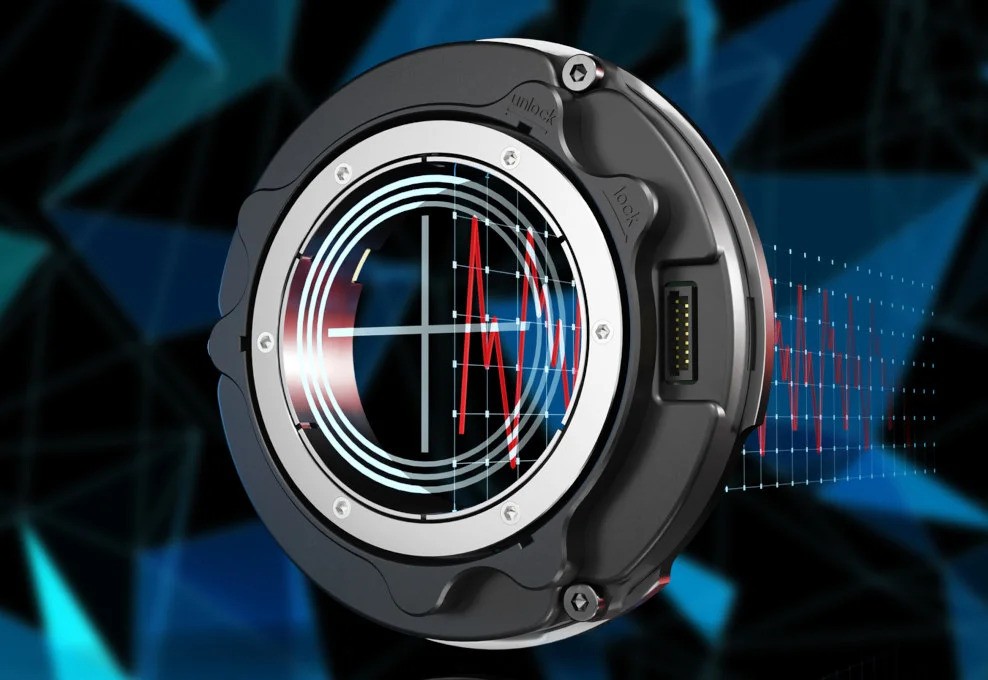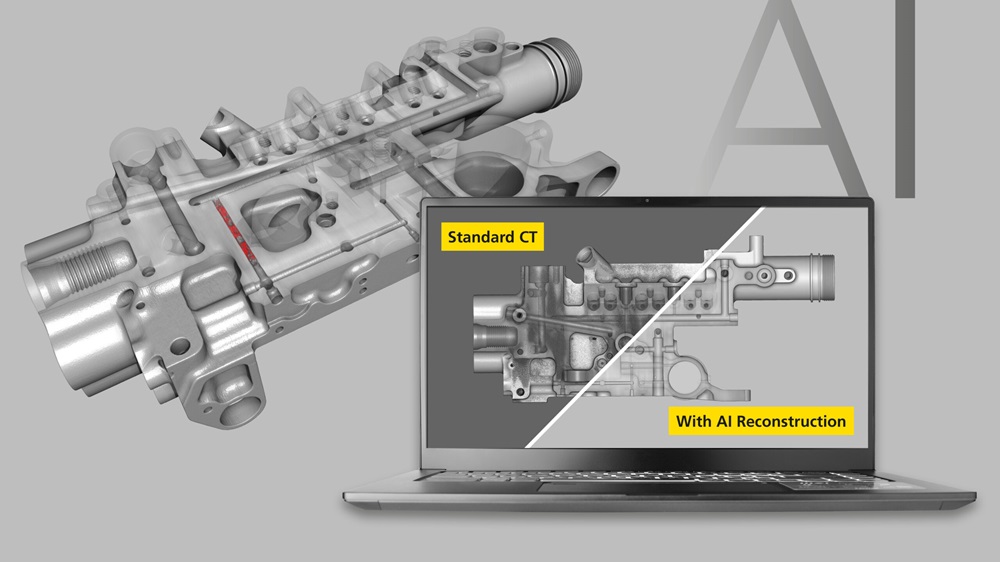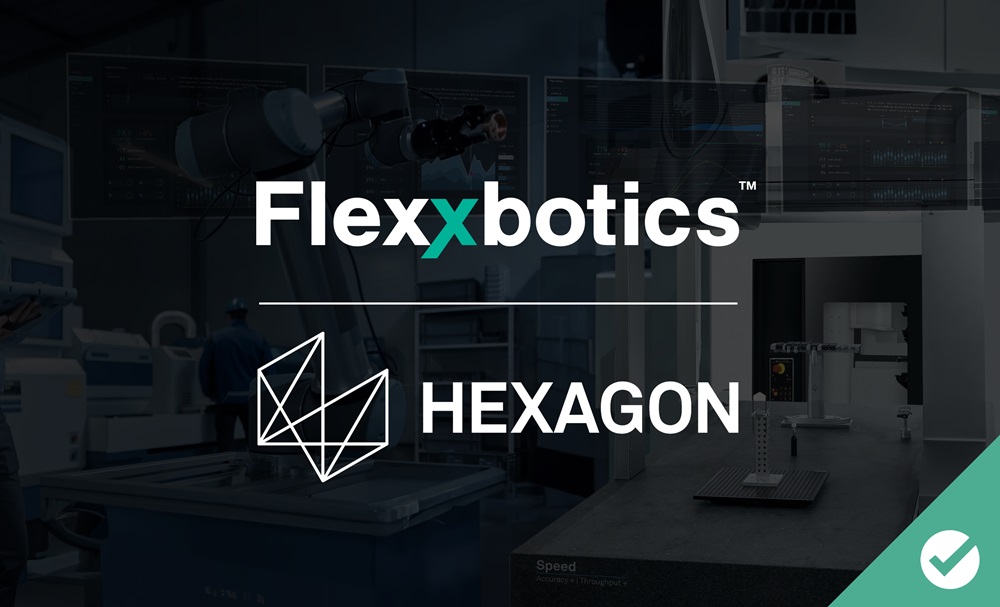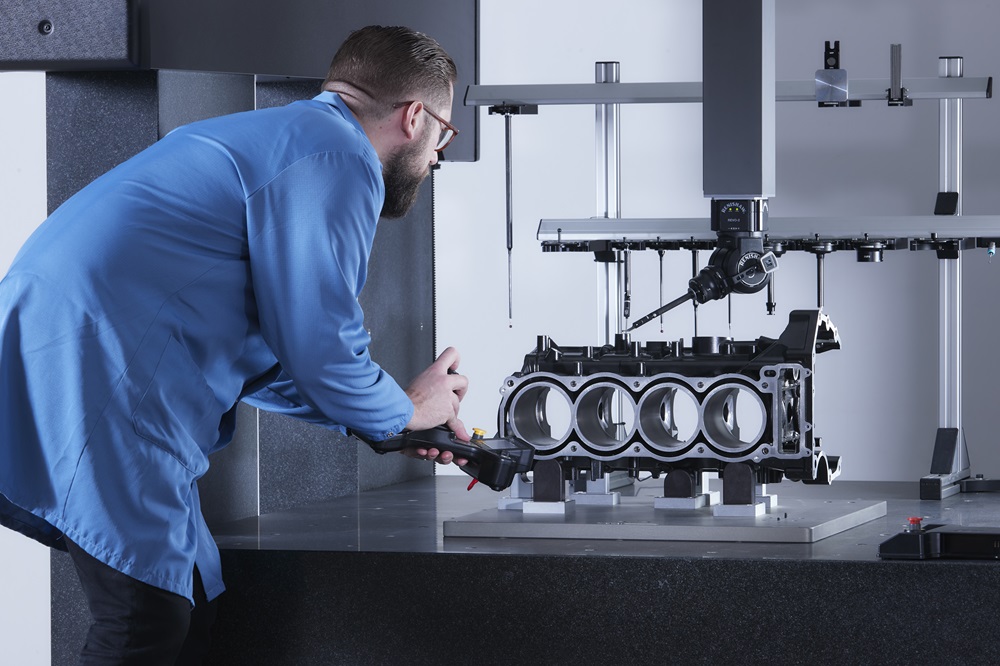NMi Group, a global specialist in mission-critical testing, inspection, certification and calibration (TICC) services, has acquired TrustCB in the cybersecurity domain. This strategic move solidifies NMi Group as a major provider of certification services for the evolving landscape of digitally integrated and smart devices.
Now part of NMi Group, TrustCB is the exclusive commercial certification body for the globally recognised Common Criteria (CC) cybersecurity standard, working with global clients and capable of certifying up to the highest levels (EAL7). This strategic alignment reinforces NMi Group’s commitment to a comprehensive approach, integrating legal metrology and CC standards to ensure the overall reliability and integrity of smart industrial devices.
A key emphasis of the acquisition is TrustCB’s expertise in translating CC standards via SESIP to the IoT domain. This strategic move further fortifies NMi Group’s dedication to ‘Measure Tomorrow’ by synergising measurement precision with robust cybersecurity standards.
Expressing enthusiasm about the strategic move, Yvo Jansen (pictured), NMi Group CEO, states: “Acquiring TrustCB fortifies our commitment to excellence in smart industrial devices. By integrating accuracy in measurements with robust cybersecurity standards, we ensure regulatory compliance and enhance the overall reliability of our solutions.”
Echoing this sentiment, Wouter Slegers, who will continue to as TrustCB’s CEO, adds: “Joining forces with NMi Group is a strategic move safeguarding the TrustCB CC and dedicated scheme certification business even further. In practical ways, nothing changes: TrustCB remains the trusted, responsive partner as a certification body. This synergy amplifies our commitment to precision and security in smart industrial devices, advancing the global standard for regulatory compliance and elevating the trustworthiness of our certified solutions.”
For further information www.nmi.nl


















